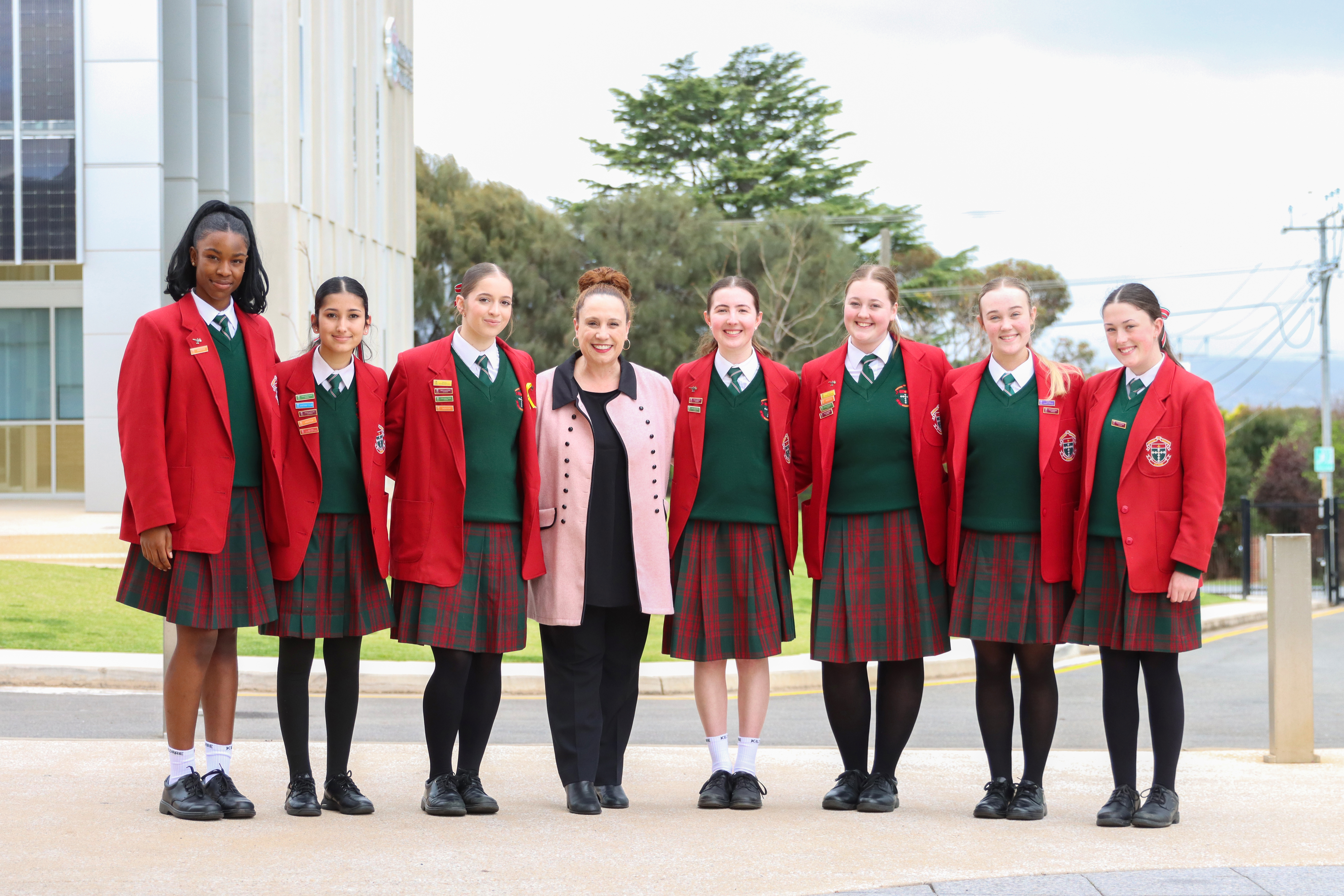

I had the pleasure of attending the Year 8 camp at Victor Harbour. A key element of our Wellbeing for Learning at Kildare, the camp provides an important opportunity for students to build connections, especially with peers whom they might not normally socialise. It is also a time for students to reflect upon their character strengths and how they use them.
Working in groups with the Beyond Limits facilitators, students were challenged to step out of their respective comfort zones as they had to cooperate, sometimes under pressure, to solve problems. For some students, their fear of heights was tested; for others who like to be in control, they had to compromise. As an onlooker, it is heartening to witness our young people grow in character as they navigate challenges, often surprising themselves by achieving what they initially thought was impossible.
The camp experience prompted me to think about what it means to be mentally fit. As a society, we are very accepting of and ready to look after our physical health, but the same cannot be said for mental health. Yes, we have come a long way in raising awareness of the importance of promoting mental health; however, the stigma surrounding mental illness is still very prevalent, despite the best efforts of many mental health advocates. And our youth, on the whole, are still reluctant to seek help when struggling mentally. How, then, can we support mental fitness in our youth?
To be mentally fit means that we are able to overcome life’s obstacles and negative events in a healthy manner; we have strong relationships, and we focus on what we need to. We are flexible in our approach to challenges, avoiding rigid thinking, reminding ourselves that we are the ones who determine how we respond to challenges.
Returning to my experience on camp and its relationship to mental fitness, I am reminded that the following five areas are central to being mentally fit:
I encourage you and your family to reflect upon the above comments, upon your respective levels of mental fitness, and explore how you might support one another to promote your mental wellbeing.
Kind regards
Glenn Clifford
Director of Wellbeing